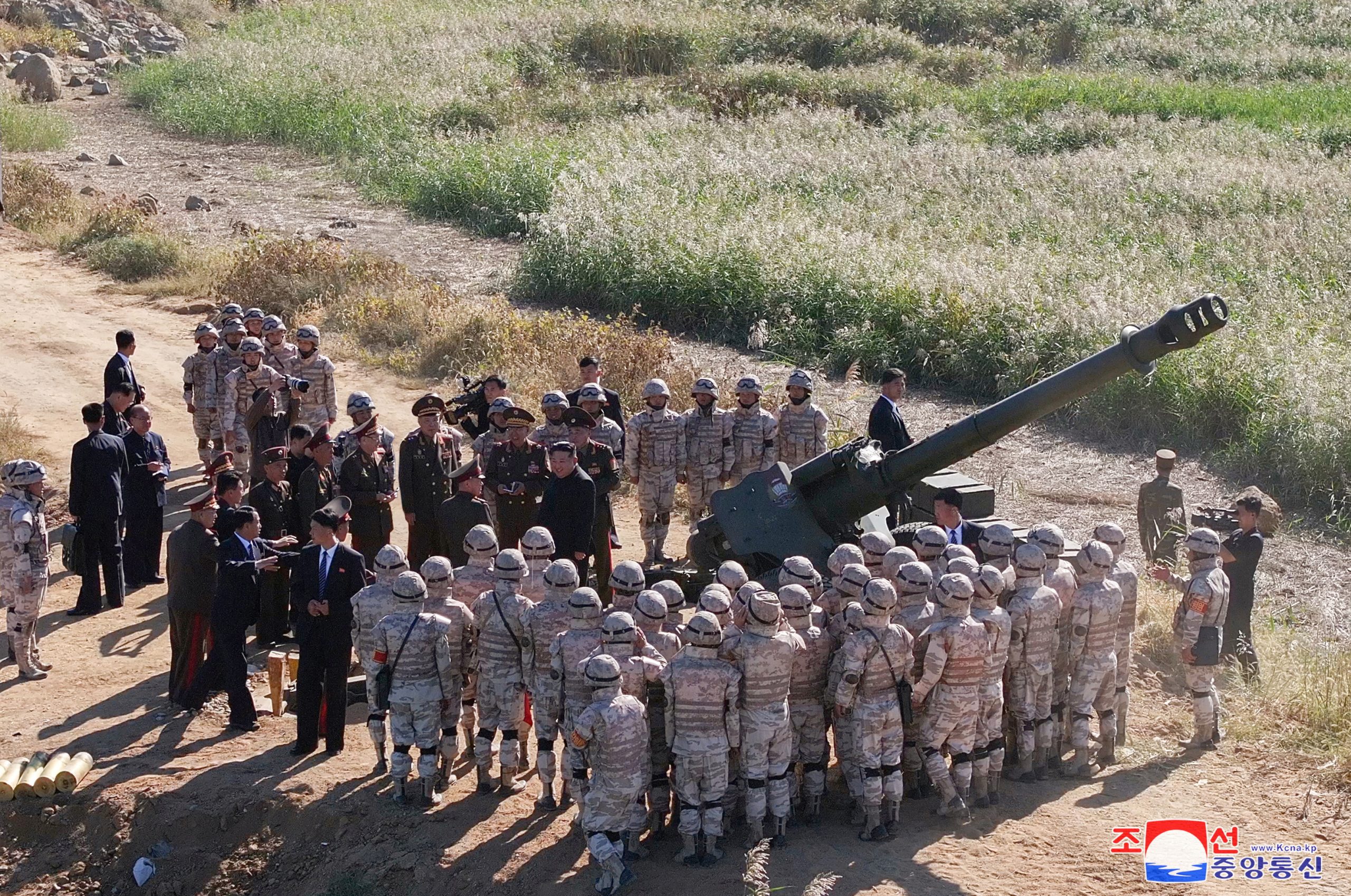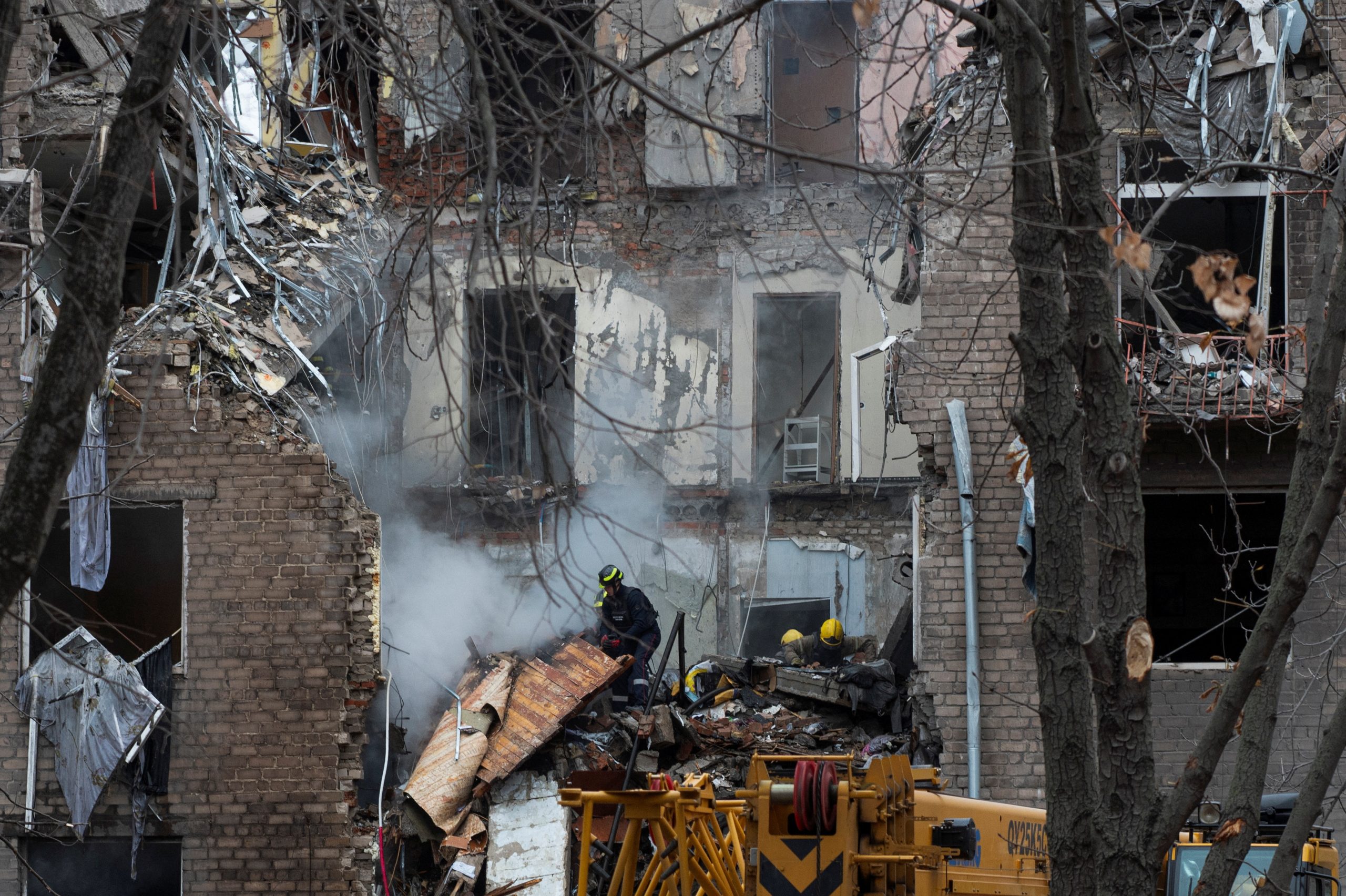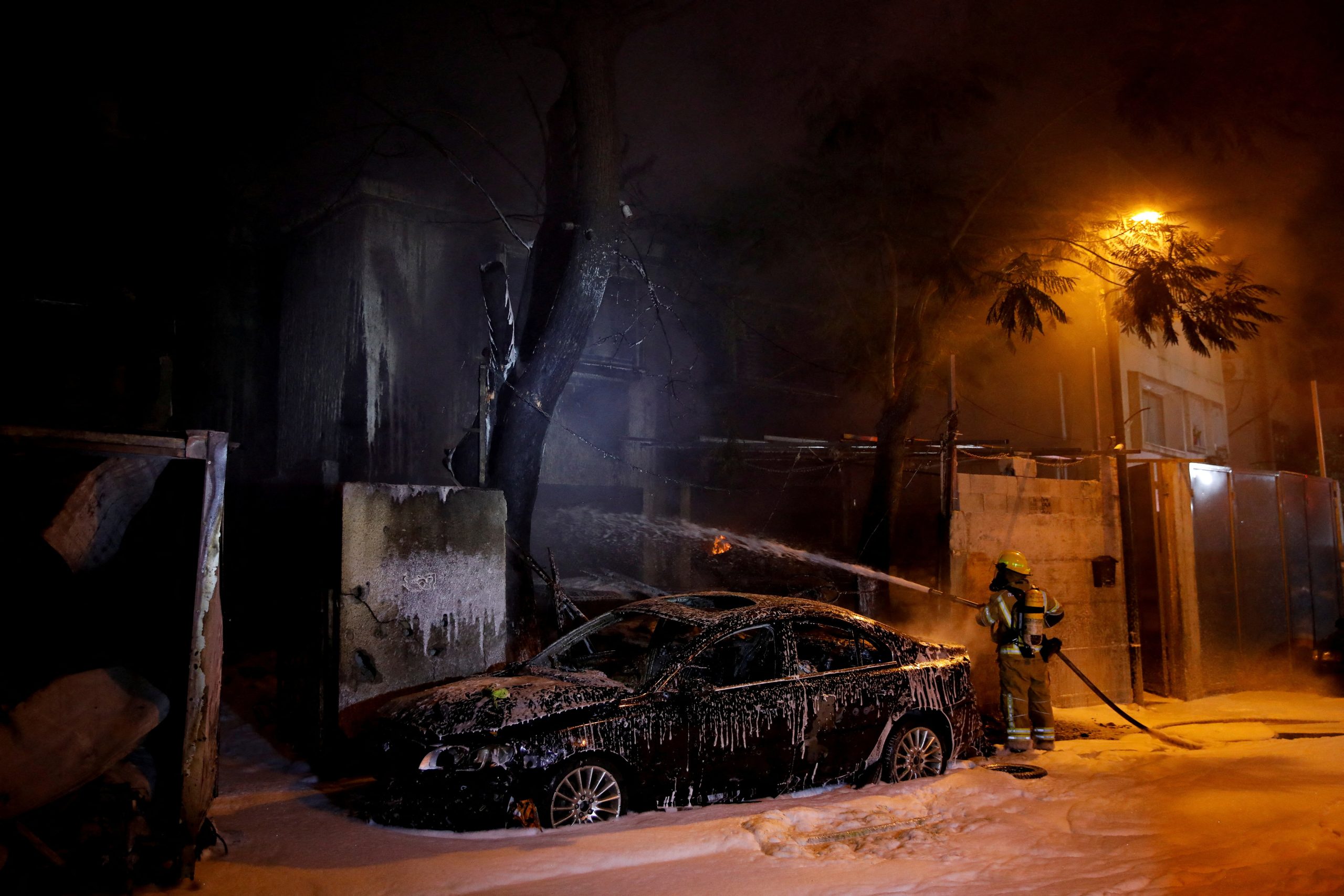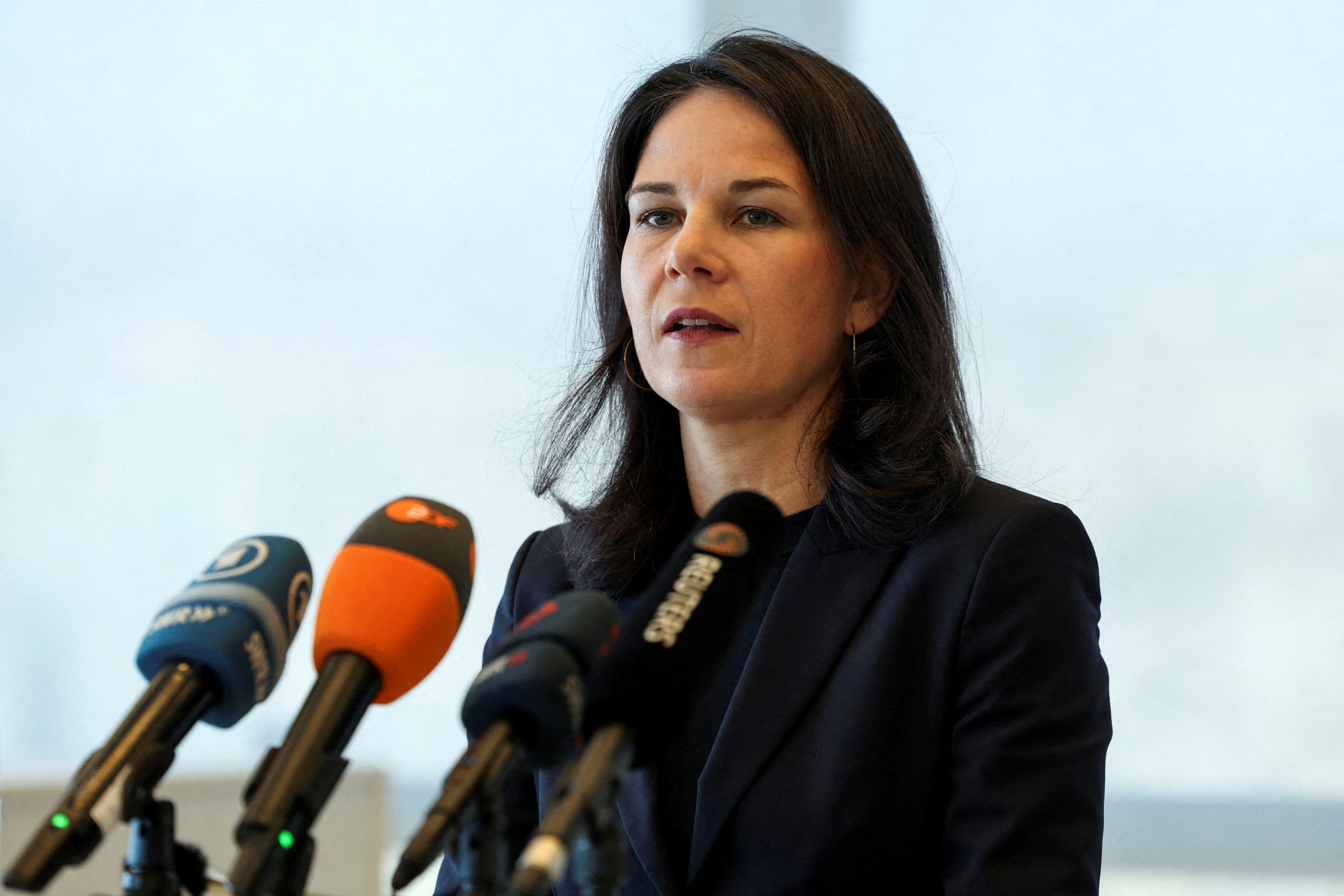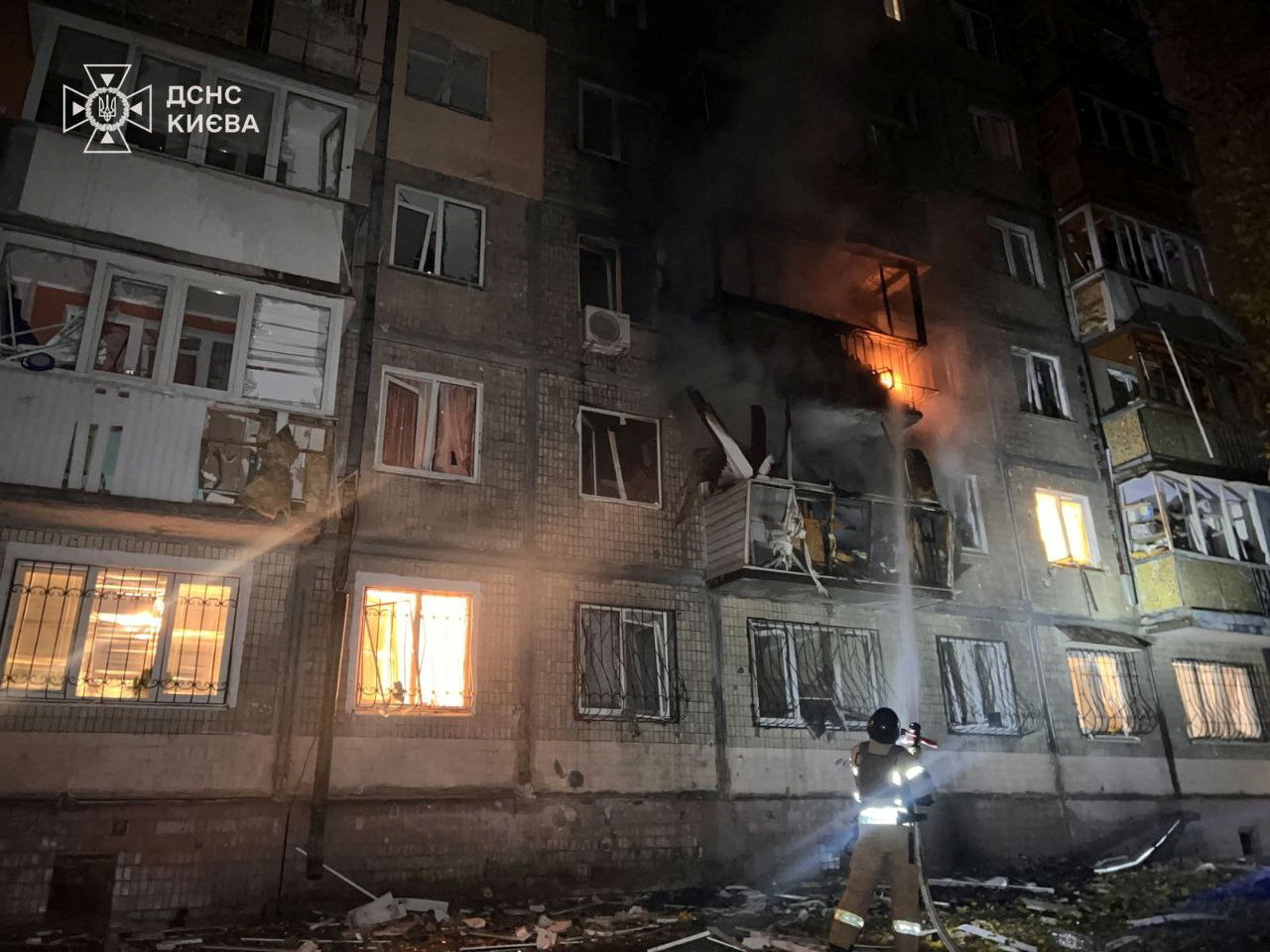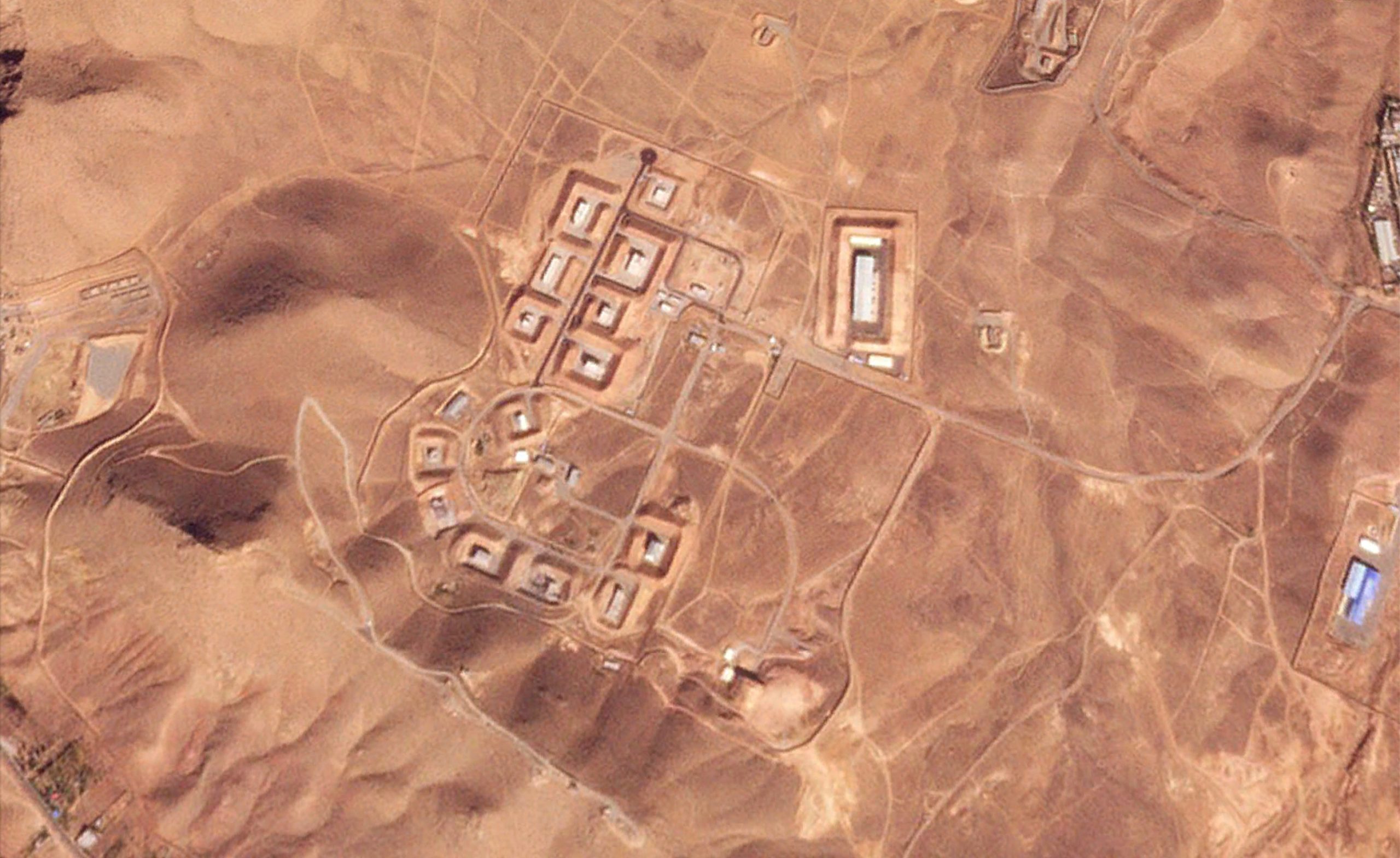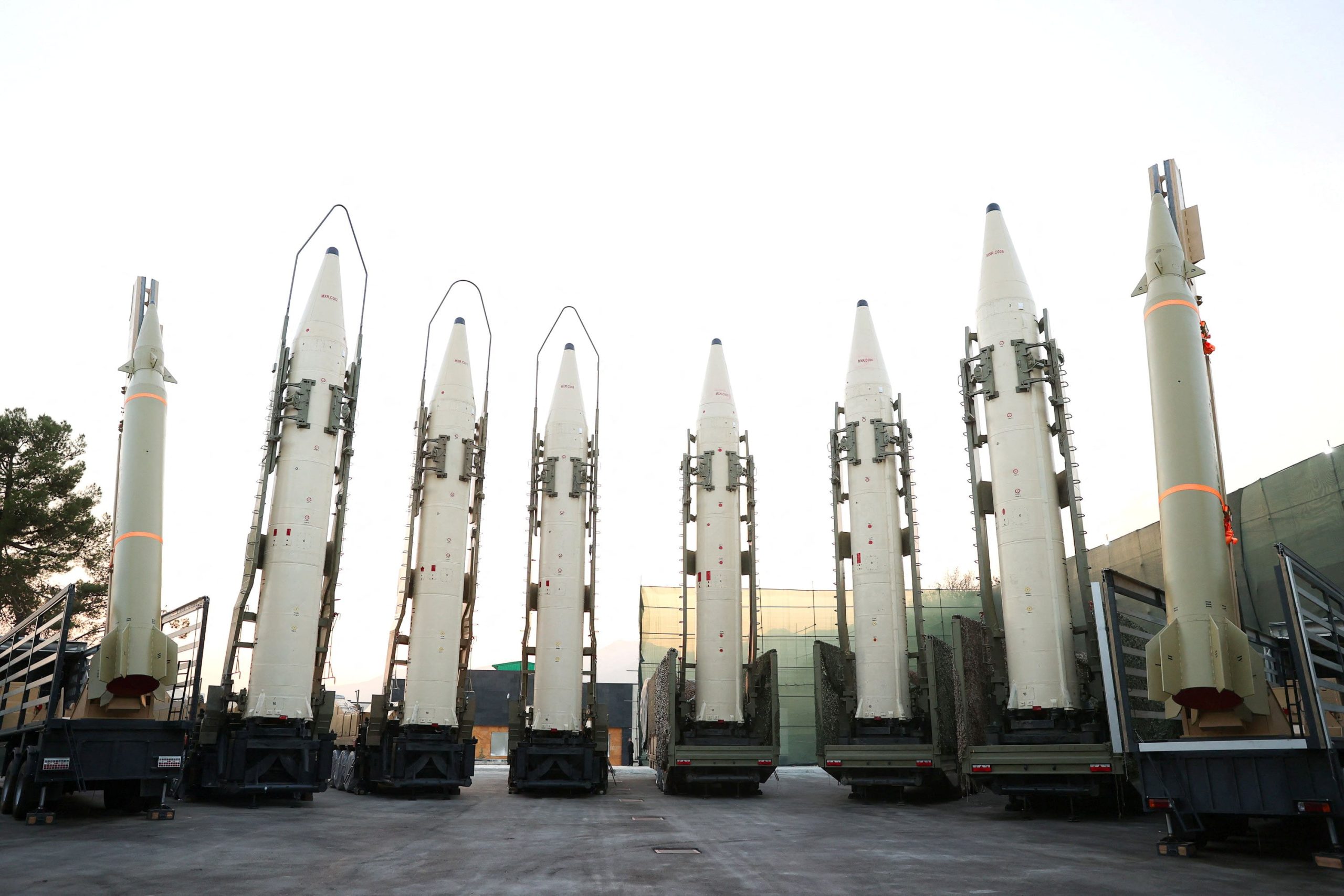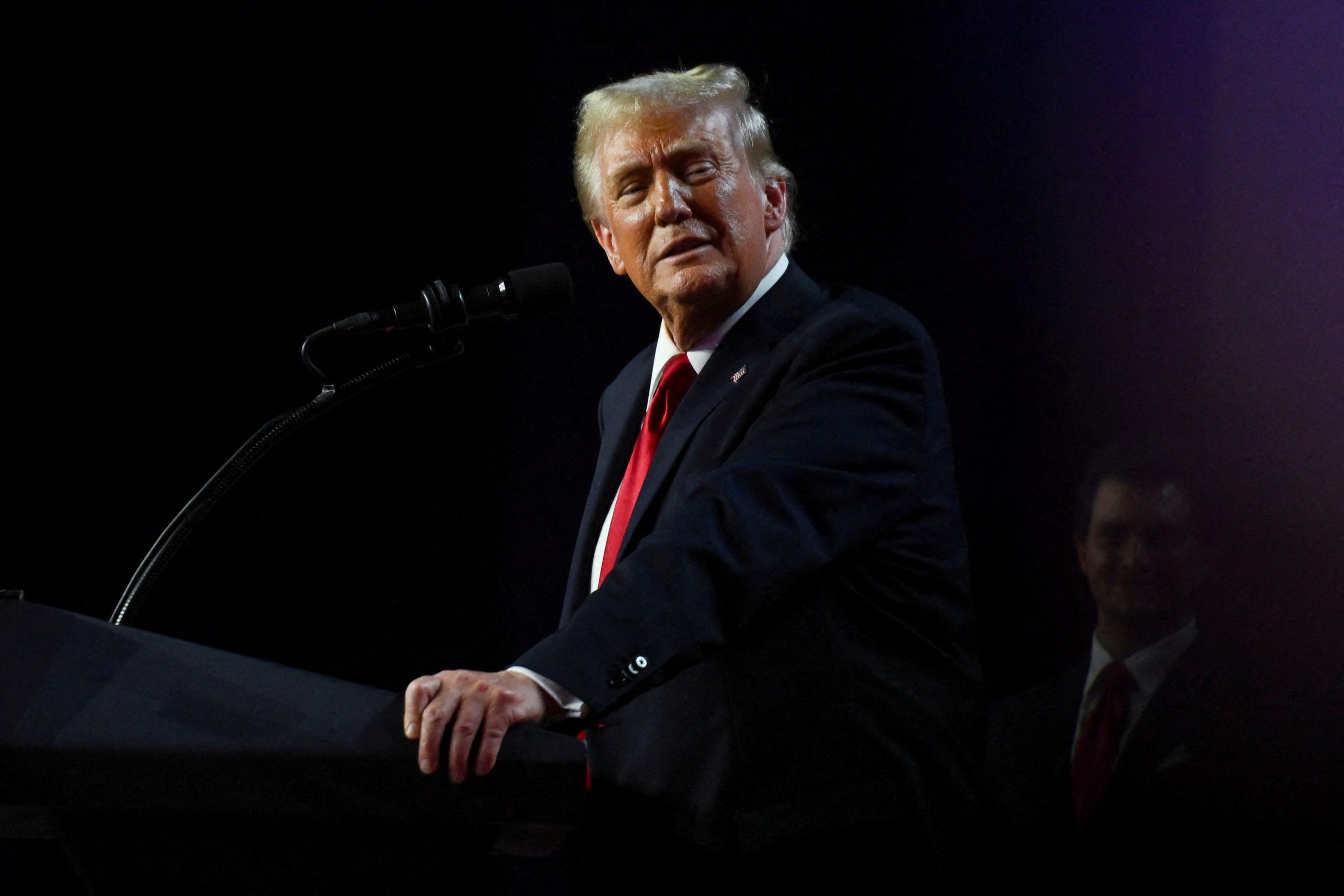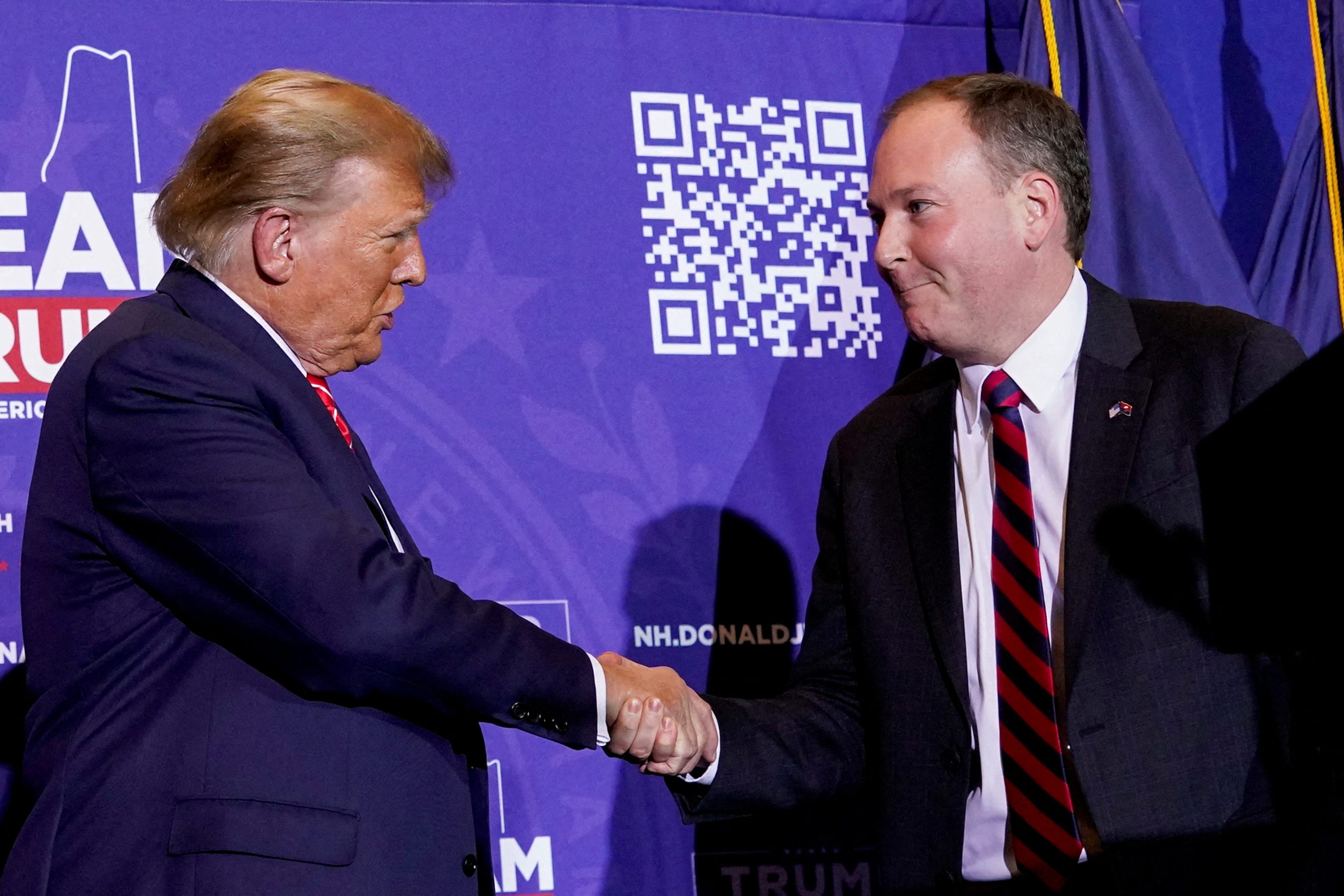“They’re doing this because Putin has lost a lot of troops,” Defense Secretary Lloyd Austin bluntly declared, as he confirmed the unnerving presence of North Korean soldiers in Russian uniforms edging closer to the Ukraine border. With South Korean Defense Minister Kim Yong-hyun at his side in Washington, Austin warned that these North Korean forces, heavily armed and wearing Russian insignia, are amassing in Russia’s Kursk region, in what’s shaping up to be one of the most controversial developments of the Ukraine war yet.
Washington and Seoul estimate that the troop count has swelled to an unprecedented 11,000 North Korean soldiers on Russian soil, raising alarms of a potential shift in the conflict’s dynamics. According to Austin, several thousand of these troops are already en route to combat zones in western Russia—a grim signal that Moscow’s reliance on foreign allies has reached new levels. This deployment, which Austin said “could broaden or lengthen” the already devastating Ukraine conflict, has governments worldwide questioning the implications of this alliance and what Pyongyang might demand in return.
The tension around this unusual alliance is palpable, especially in the U.S. and South Korea. Minister Kim expressed deep concerns about the strategic quid pro quo between Pyongyang and Moscow. Kim speculated that North Korea might be eyeing sophisticated military technology as its price for supporting Russia, from advanced ballistic missile tech to possibly even tactical nuclear capabilities. If such assistance materializes, it would supercharge North Korea’s already formidable military potential, sparking further instability across Asia and amplifying the Korean Peninsula’s delicate security situation.
The picture Austin painted is stark: Russia is scrambling to shore up its military capabilities as losses continue to mount on the Ukrainian front. This unprecedented move to enlist North Korean troops underscores Moscow’s struggle to maintain its grip. “Putin’s choices are running thin,” Austin observed, alluding to Russia’s recent arms deals with Iran and North Korea. The military alliance with Pyongyang has already included shipments of over 1,000 containers of North Korean munitions, with the White House releasing satellite images earlier this month showing the equipment being transported by rail.
For Kyiv, the sight of North Korean troops just 50 kilometers from the Ukraine-Russia border is deeply concerning. Ukrainian officials, speaking on condition of anonymity, confirmed that these forces have moved within striking distance, stoking fears that they may soon be thrust into active combat against Ukrainian forces. With Ukrainian soldiers pushing through Russian defenses in the Kursk region, the arrival of North Korean soldiers signals an ominous shift in battlefield dynamics, potentially tipping the scales back in Moscow’s favor if these forces join the fight.
The stakes are monumental. Pyongyang’s involvement could prompt allied nations to step up their own support to Ukraine, possibly escalating the conflict beyond the borders of Ukraine and into a broader geopolitical struggle. Austin hinted that this alliance might “encourage others to take action,” although he offered no specifics, leaving many to speculate how the U.S. and its allies might respond.
To counter North Korea’s growing ambitions and Russian partnership, Austin and Kim committed to ramping up U.S.-South Korean joint military exercises and bolstering nuclear deterrence systems. According to a Pentagon fact sheet, these efforts include significant upgrades to early warning systems aimed at detecting North Korean missile activity, further underscoring the strategic tightening of the U.S.-South Korea alliance in the face of growing regional threats. Austin and Kim are set to continue their discussions with Secretary of State Antony Blinken and South Korean Foreign Minister Cho Tae-yul, solidifying plans to strengthen both nations’ defense postures amid the escalating stakes.
As North Korea’s foreign minister heads to Moscow for high-stakes talks, it’s clear that Pyongyang is not just acting as an ally in Russia’s war but leveraging its support for significant strategic gain. With military experts warning of a potential domino effect, this deployment of North Korean troops to Russia represents a destabilizing new front in an already unpredictable global conflict.
Sources for this article include:
Statements from the U.S. Department of Defense, reports from South Korean defense officials, and independent assessments from international security experts.

